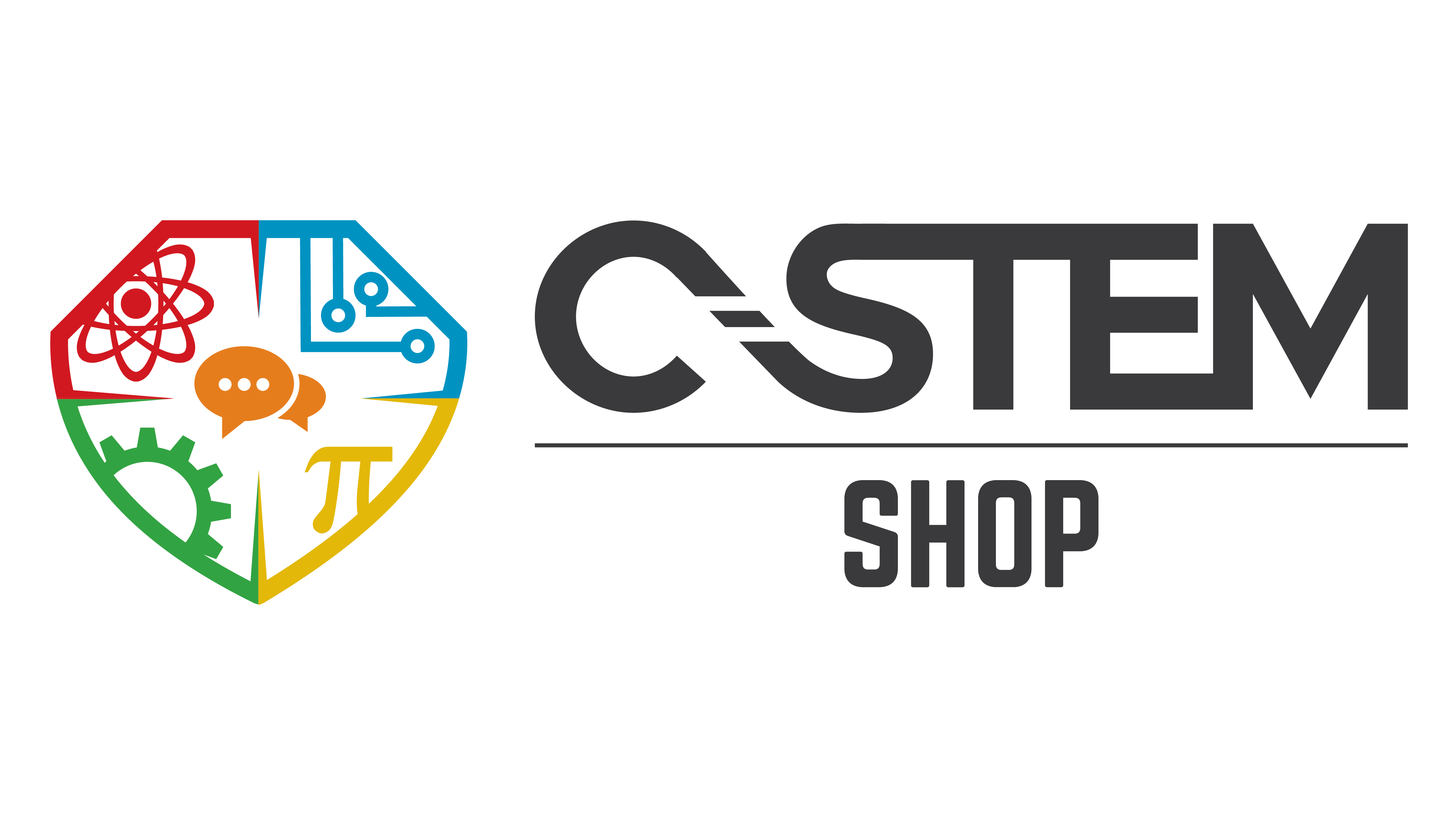Written by: Reagan Flowers, Ph.D.
Do high-paying STEM careers require college degrees? Here at C-STEM, we focus on K-12 STEM education, often with the goal of a college degree. Ultimately, we strive to give underrepresented students the opportunities they need to establish fulfilling careers and turn the tide for the next generation of students. However, with STEM careers continuing to multiply faster than ever, we’re finding that some of these careers do not require a college degree. In fact, many of these jobs are paying more than those that require a degree.
Why Obtaining a Degree is Challenging
For many students, the cost is the most talked-about barrier to obtaining a college degree. With the cost of college doubling every nine years, it’s only becoming more difficult to afford.
For our Black, impoverished, and other underrepresented students, there are many more factors involved. Related to cost, many of these students need to work to support their families. Choosing a STEM career as a trade can be the answer. They can begin work faster, instead of waiting four years to get there.
Multilingual students face a lack of resources that make it difficult to be successful in college. Blacks and women are still a vast minority in science careers, mostly due to lack of representation and discrimination. And as we talked about last month, socioeconomics and ethnicity both have a large impact on student attainment. This comes through in the form of extremely low associate’s and bachelor’s degree attainment, as well as vast gaps in literacy levels.
Finally, for many students, whether due to a learning disability or another reason, hands-on learning can better connect concepts and skills, creating a much more doable path to acquiring the skills to obtain a certification in high-demand fields such as plumbing or HVAC.
New Data on Trade Jobs
A new study shows that from 2017 – 2019, on average, 16% of high school graduates, 23% of workers with some college, and 28% of associate degree holders earned more money than half of all workers with a bachelor’s degree.
These high-paying jobs transcend across several fields, from an electrician to cardiovascular technician to air traffic controller. These directly apply to core STEM skills like problem-solving, critical thinking, and collaboration.
How We Can Help
Finding a career that is fulfilling and well-paying is not one-size-fits-all. College is not the only answer. There is a need for career counseling in schools that is inclusive of diverse opportunities to achieve economic mobility, especially in impoverished communities, and even more so as COVID-19 lingers on. Parents and educators must continue to advise and connect students to information and opportunities that allow them to explore their interests and discover what is possible for them. Whether choosing to be a mechanic or an engineer – there are many great paths available.
As communities, increased opportunities for internships and mentorships are a must. These serve three important purposes: 1. students can experience different jobs and workplace environments to discover their interests, 2. they can learn through representation, seeing how others from similar backgrounds as them made their way into successful careers, and 3. students can develop the required soft skills, professional etiquette, and workplace communication skills.
Kids today are growing up with the internet from birth. Technology has become part of nearly every career, and students easily integrate their tech skills into how they learn, play, experience life, and perform whether as students, athletes, or workers. Adults need to remember that many of us had no real clue as to the professional career path that best aligned with our skills, interests, and abilities. Faith, providence, and being in the right place at the right time interceded on many of our behalf. With the resources and technology that are available today, we can help each student find the path that is most attainable and rewarding for him or her.


